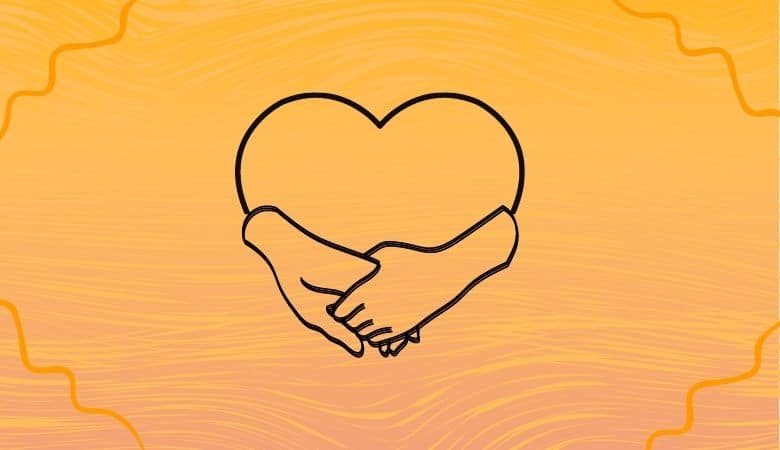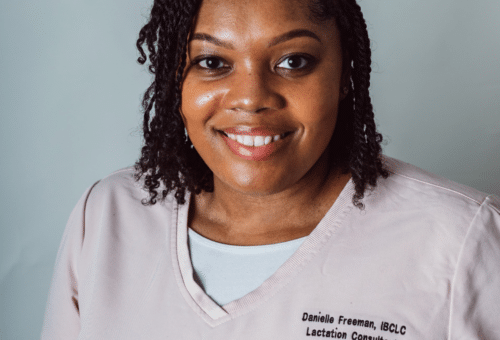Mother’s Day is an opportunity, across the globe, to honor all kinds of mothers—those with young children and grown children, mothers whose children have died, mothers who struggle with their own demons as they carry, bear, feed, and raise their children. We do so with gifts, flowers, breakfast in bed, phone calls, a hug or a poem to remember the child who made her a mother, and thinking together as a community of mother-supporters about our role and responsibility in strengthening struggling mothers. That includes mothers with Opioid Use Disorder.
Those of us who work in milk banking are privileged to honor mothers every day, at the precious, powerful, and vulnerable moment they become mothers (we become mothers anew with each baby). We are an integral part of mothers celebrating, helping, supporting, and honoring each other with their milk, their photos, their stories. Even though individual donors and recipients are anonymous to one another, we are grateful to be able to foster a community of mothers who share in one another’s lives uniquely. We, in turn, celebrate all of you by working to open our tent a little wider and broadening our equity practices to support all kinds of mothers.
Donor Milk Supports Breastfeeding
Milk banking began in the early 1900s to serve and save premature and fragile infants. As we learn more about human milk, breastfeeding, and babies, use of donor milk has expanded to include late preterm babies and full-term babies. Experience and research tell us that donor milk not only saves babies’ lives and health, it supports mothers to breastfeed their own babies, which in turn supports their long-term health.
On Mother’s Day we honor all kinds of mothers. Our experience guides research questions; in turn, research informs programs and policies. These give us a deeper understanding of how we can help and support all kinds of mothers in their goals and their babies’ health.
Opioid Use and Neonatal Abstinence Syndrome
One example: though it has improved, opioid use remains at epidemic and crisis levels across the spectrum of our society. Each year, thousands of women with Opioid Use Disorder become mothers. Whether or not these women are in Medication Assisted Treatment (MAT), most commonly methadone or buprenorphine, their babies are at risk for preterm birth and/or Neonatal Abstinence Syndrome (NAS), with sometimes severe effects on their health and growth. In the US alone, over 30,000 babies per year are born with NAS.
It is generally accepted practice that mothers who are in MAT can nurse their babies, while those actively still using opioids uncontrolled should not. However, the line between MAT and active opioid use is fluid and cannot always be determined. Experience of providers has led to a growing body of research indicating that breastfeeding and use of donor milk can mitigate and shorten the most severe symptoms of NAS and the need for pharmacological intervention in the infant and can support mothers in breastfeeding, staying in treatment, and caring for their babies.
Ongoing research is needed, as are different models of treatment programs that will support breastfeeding and donor milk. Advances in research and best practice will take time, resources, and creativity in the maternal child health, neonatology, breastfeeding, and addiction communities.
On Mother’s Day, we look toward expanding our tent together in celebration of all kinds of mothers.









